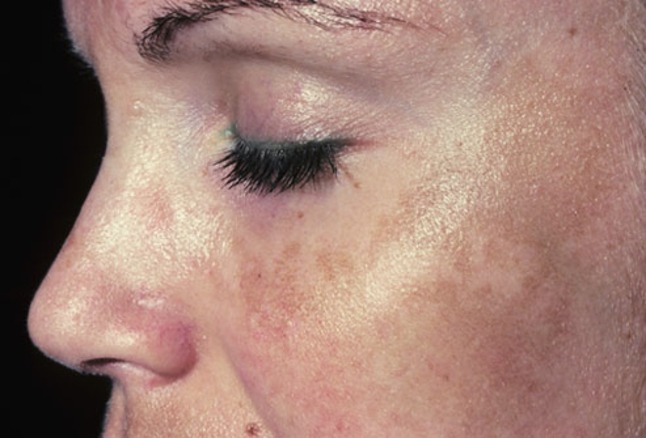
Most women experience a change in skin color when pregnant. This is normal because of the various changes you go through during different stages of pregnancy.
These changes mostly resolve after delivery, but you may need to have the pigmentation assessed by a medical professional if you think they’re out of the ordinary. Edwin Lim Medical Aesthetic Clinic in Singapore helps patients concerned about the pigmentation changes on their skin.
All our specialty doctors are board-certified, so you’re assured of dedicated care by a highly qualified skin doctor. Our clinics are also well equipped with Avant-garde equipment to help in assessing and treating various pigmentation issues.
We adopt an expansive consultation approach that captures your possible contraindications to some medications or treatment options. We then use that data to personalize your treatment plan, so it suits you.
What Causes Skin Pigmentation during Pregnancy?
Several factors are tied to pigmentation changes during pregnancy. Most of these changes are tied to the hormonal changes that take place when you’re pregnant.
For instance, you may develop a skin discoloration condition called ‘chloasma,’ also known as melasma. This pigmentation disorder commonly manifests itself as irregular patches on your nose, upper cheek, forehead, and nose.
You may develop chloasma if your female sex hormones stimulate pigment-producing cells, so they begin to produce excess melanin when your skin is exposed to the sun. Some women get these patches when they use oral contraceptives.
You may also experience skin discoloration if you have light-brown skin and get overexposed to the sun. This implies that your risks of developing pigmentation may sometimes be influenced by your skin type and the region you stay in or how long you get exposed to UV rays.
For example, if you have a light brown skin type and get exposed to the sun for extended periods, you have more risks of developing these patches than another woman with the same skin color but living in a region with less intense sun exposure. Studies also hint that watching your TV too much or using your computer too much may also play a part in your pigmentation development.
According to the reports, the light rays from your TV, computer screens, and uncovered fluorescent lights may make your skin develop dark spots. Therefore, if you’re mostly indoors when pregnant but spend most of your time in front of the screens and you’ve noticed pigmentation changes on your face, it may help if you take breaks frequently during the day to reduce this risk.
Finally, you may also develop skin pigmentation during pregnancy if you use harsh hair removal creams or gels on your skin. If you’re pregnant, you may also suffer skin discoloration if folic acid is limited in your diet. With that in mind, if you developed pigmentation for example, after removing hair on your body, you may need to change the hair removal cream you used, and if you waxed, next time, it would help if you use hard wax since it posses the least risks of pulling your skin than soft wax.
How can I get Rid of Pigmentation during Pregnancy?
If you feel bad about your pigmentation, it is prudent that you seek help to avoid the stress that would come with reduced self-worth due to the disorder. There are several treatments that your dermatologist may recommend for treatment.
There are also a few that may not be ideal for you, for example, laser and Intense-pulse light (IPL) pigmentation treatment, among others. Real quick, here is a primer into some of the remedies that can help you manage pregnancy pigmentation.
- Hydroquinone Creams
It is safe to use hydroquinone skin-based treatments during pregnancy to get rid of pigmentation. The only concern would be increased skin sensitivity during pregnancy.
Therefore you may need to tread with caution when trying these medications and work with a qualified dermatologist when choosing or using these creams to avoid any complications that may result from the treatments. You will need to apply sunscreen on the hydroquinone each morning to protect your skin.
- Sunscreen
Sunscreen can help you avoid pigmentation during pregnancy. Your skin doctor may also recommend specially formulated sunscreen
kumpulan tools
slot gacor deposit 5rb
https://deposit5000.site/
slot malam
colombia88
luckytoto889
luckytoto
https://slothailand.baju-biru.site/
slot gacor deposit 5rb
colombia88
pipa hdpe paling murah
luckytoto
slot freebet
https://grup889.com/
Slot Qris
situs slot luar gacor
Slot malam
Slot malam
colombia88

Speak Your Mind